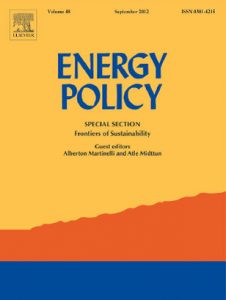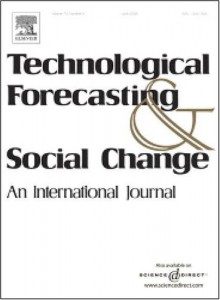I am trying to use this advice more often: http://blogs.lse.ac.uk/impactofsocialsciences/2016/01/25/how-to-write-a-blogpost-from-your-journal-article/
Tags
barriers to innovation bibliography management cleantech diversity divestment dynamic capabilities educate-it energy performance contracting energy services Entrepreneurship Finance financial sector financing innovation free software human resources innovation innovation intermediaries institutional investors Institutions International investments investor motivation local energy transition low-carbon low-carbon innovation management matching modes of governance policy instruments Post-socialism public policy regulation renewable energy research research communication research tools resilience Social Entrepreneurship social networks stakeholder sustainable energy teaching 2.0 teaching tools transition venture capital




